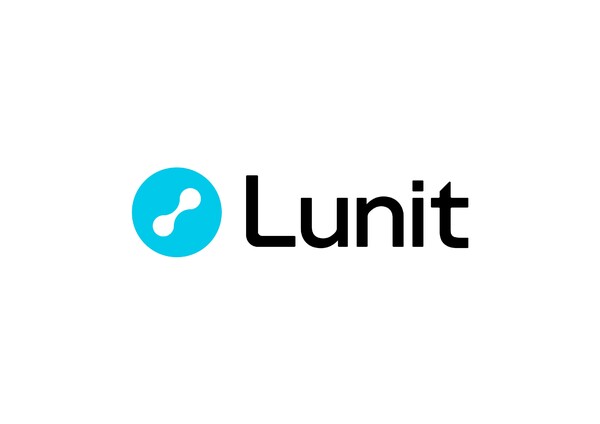Lunit said it will present the results of artificial intelligence (AI) analysis of tertiary lymphoid structure (TLS) located in tumor specimen tissue to predict treatment response at the 2023 World Conference on Lung Cancer (WCLC 2023).
WCLC 2023, taking place in Singapore from Sep. 9-12, is expected to gather more than 7,000 experts from over 100 countries.

The study was conducted in collaboration with Northwestern University Feinberg School of Medicine, Ascension Saint Francis Hospital, and Lincoln Medical and Mental Health Center.
TLSs are ectopic lymphocyte organs that are generated by chronic inflammatory responses and have gained attention as one of the components of the tumor microenvironment that can modulate the immune response.
The researchers utilized Lunit SCOPE TLS, a pathology slide analyzer, to objectively evaluate TLS, based on recent academic research showing that the presence of TLS in the tumor and adjacent areas predict the effectiveness of immunotherapies.
Lunit SCOPE TLS is an AI model that learned the features of TLS from 1,439 pathology H&E slides, including 18 different cancers.
The researchers applied AI to 85 patients with non-small cell lung cancer (NSCLC) treated with immune checkpoint inhibitors to segment TLSs in the tumor microenvironment and correlate them with patient survival.
When the researchers compared 25 patients (29.4 percent) with TLS to 60 patients (70.6 percent) without, they found that overall survival (OS) was significantly longer in the patients with TLS.
Furthermore, the presence of TLS was independent of PD-L1 expression, a known biomarker for treatment response in patients with conventional NSCLC.
"Given that TLS is currently a major immuno-oncology biomarker of interest to global pharmaceutical companies, we expect to see various studies applying Lunit Scope to analyze TLS based on AI in the future,” Lunit CEO Suh Beom-suk said.
Related articles
- AI innovations, strategic partnerships bolster Lunit's global expansion, report says
- Lunit strikes another deal in Middle East with region’s largest healthcare provider
- Lunit to supply AI chest screening solution to National Police Hospital
- Lunit's AI solutions to boost Saudi Arabia's national cancer, TB screening
- Lunit's ambition: from AI imaging to big data healthcare platform provider by 2025
- Lunit raises ₩200 billion in capital increase to strengthen R&D
- [ISQua 2023] ‘More organic innovation needed to push AI boundaries in hospitals’
- Lunit to launch Guardant Health’s cancer diagnosis service in Korea
- Lunit AI finds its place in European breast cancer screening system

